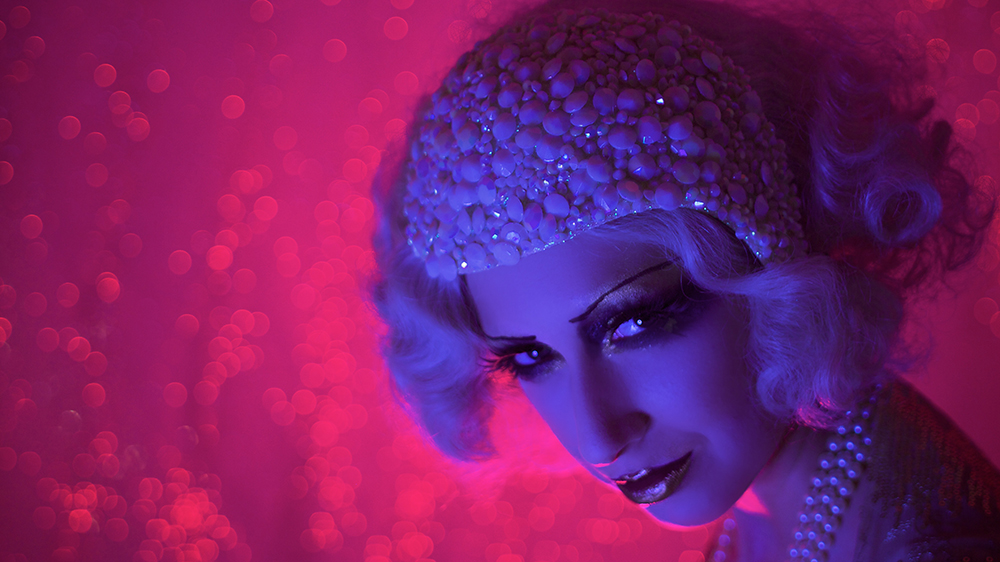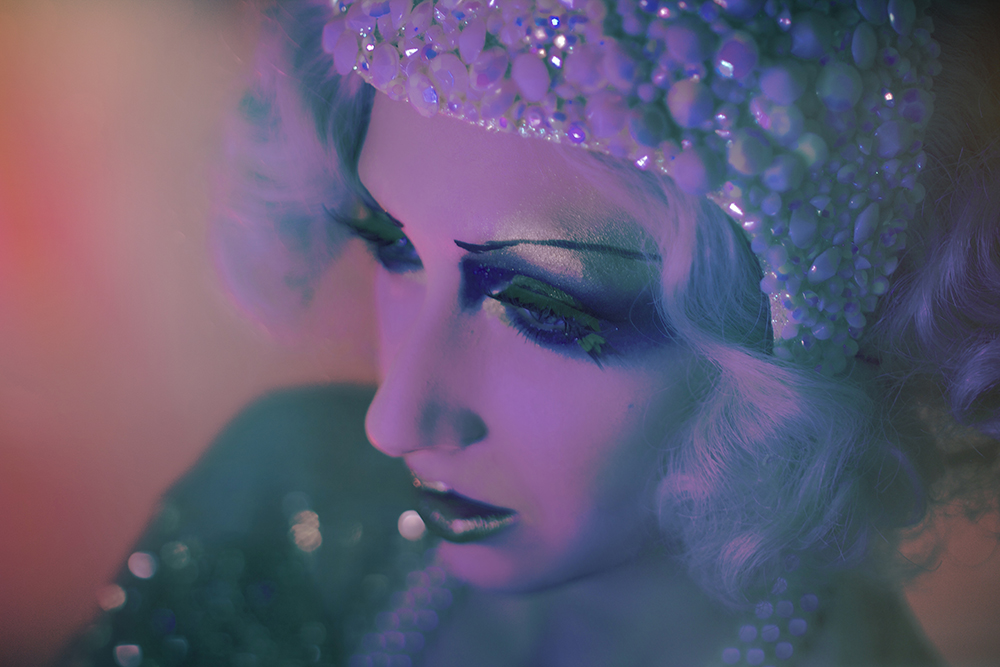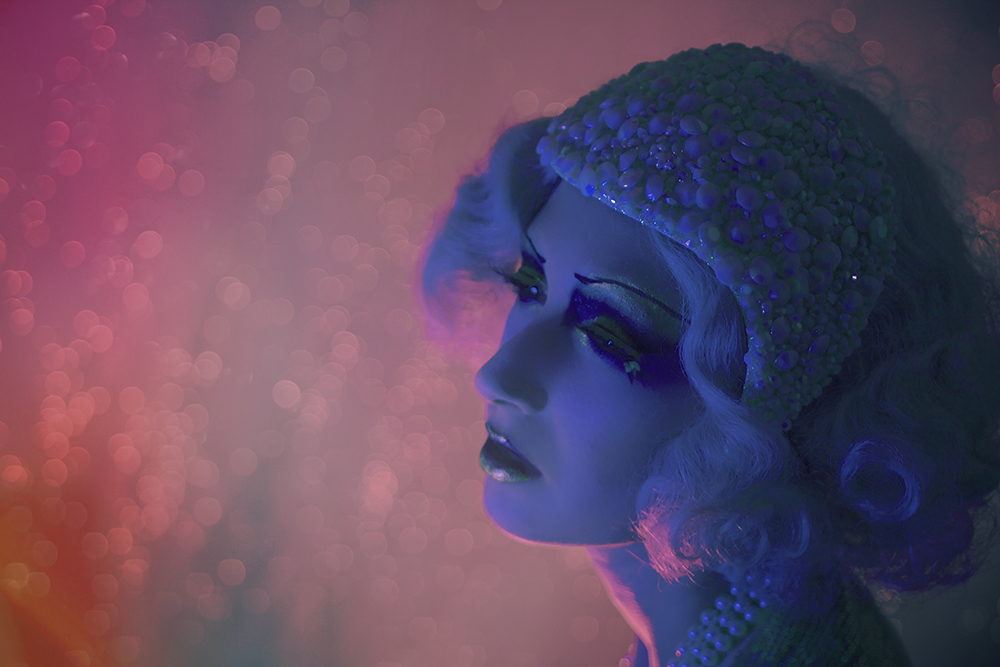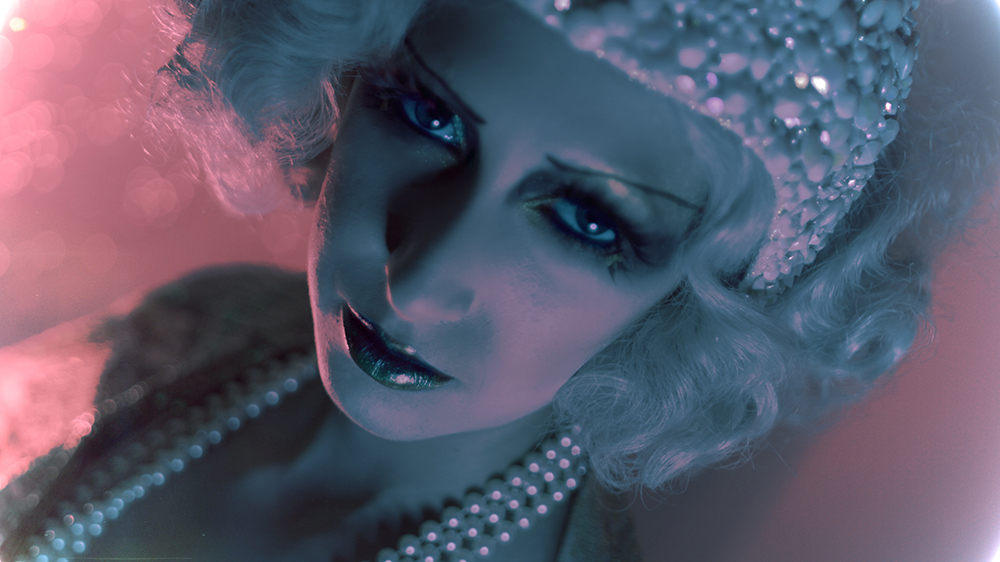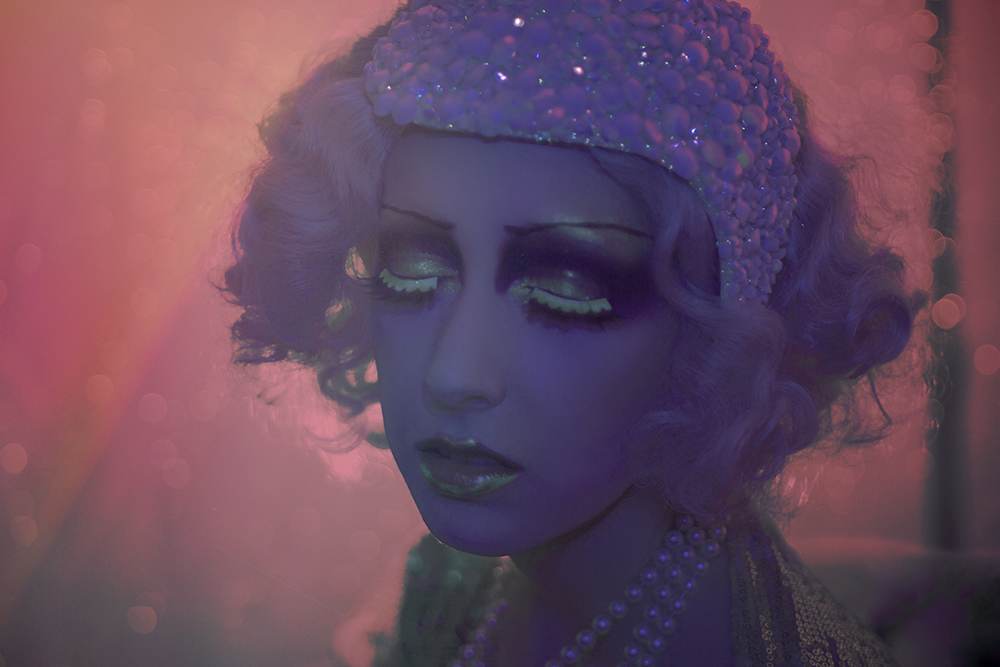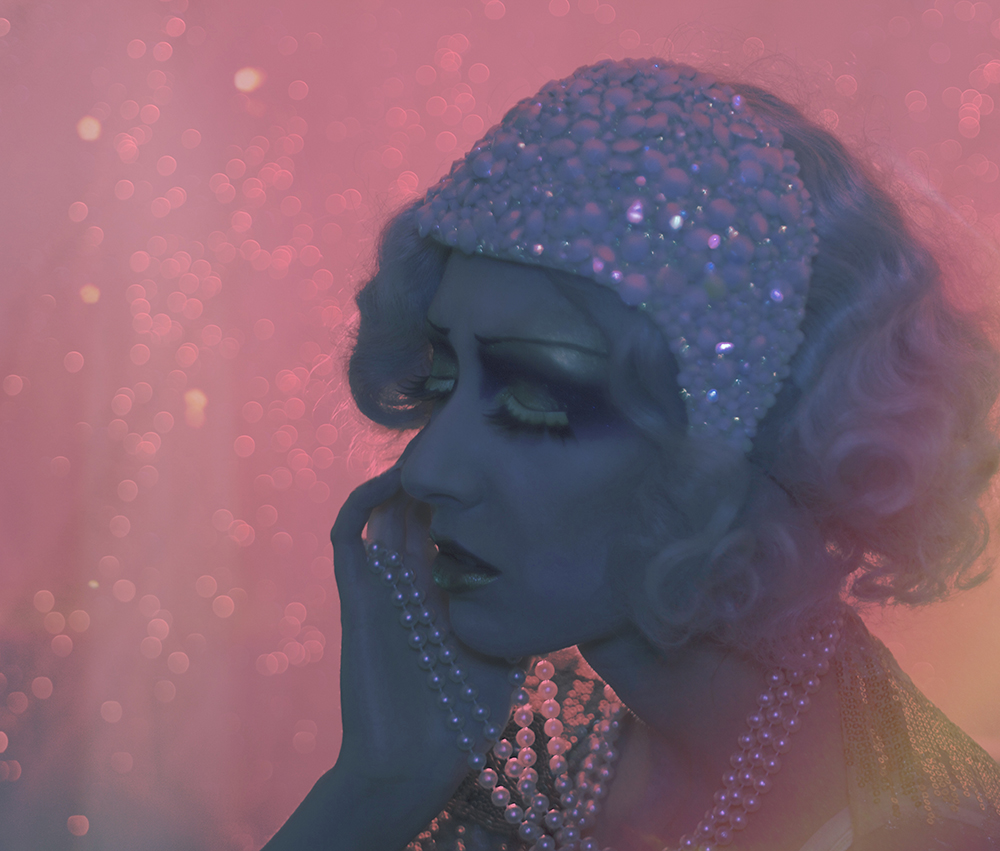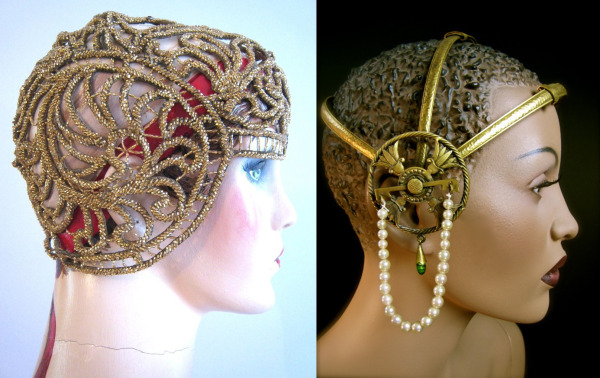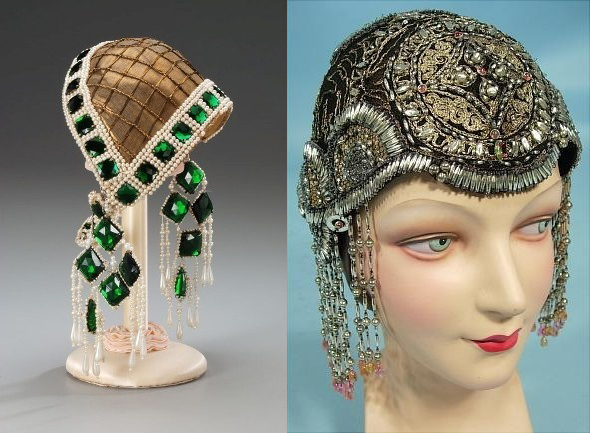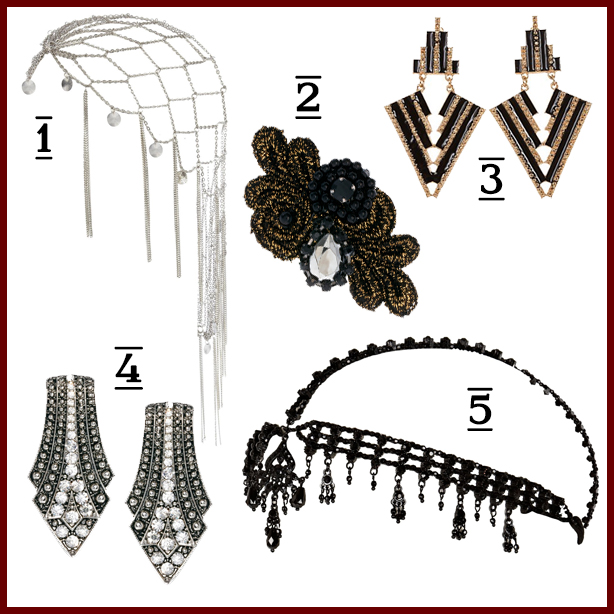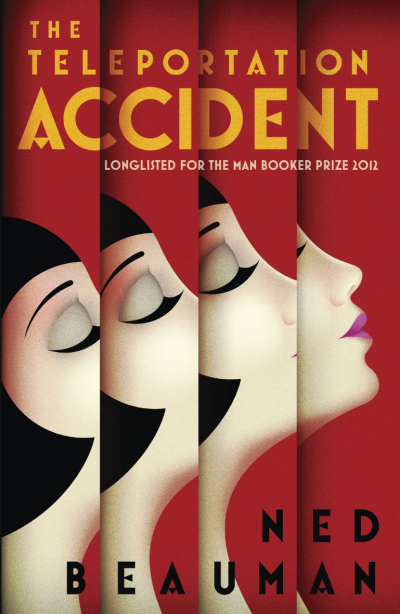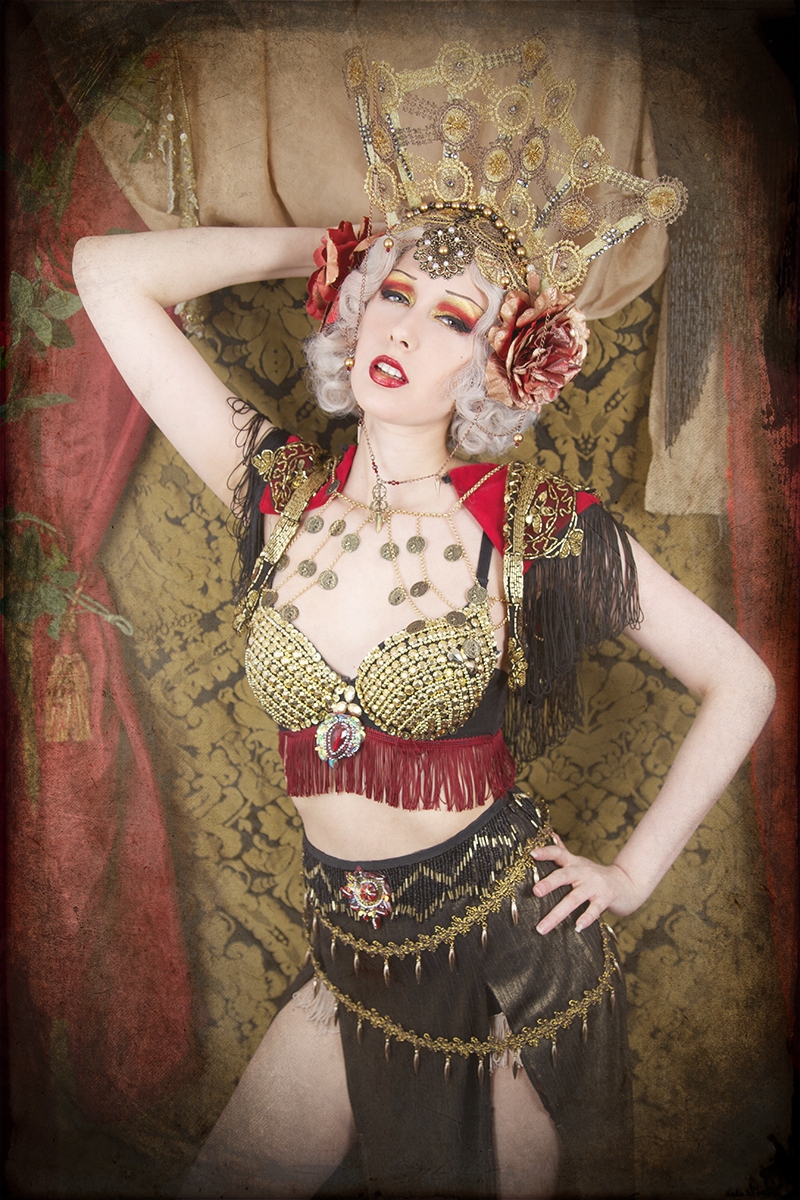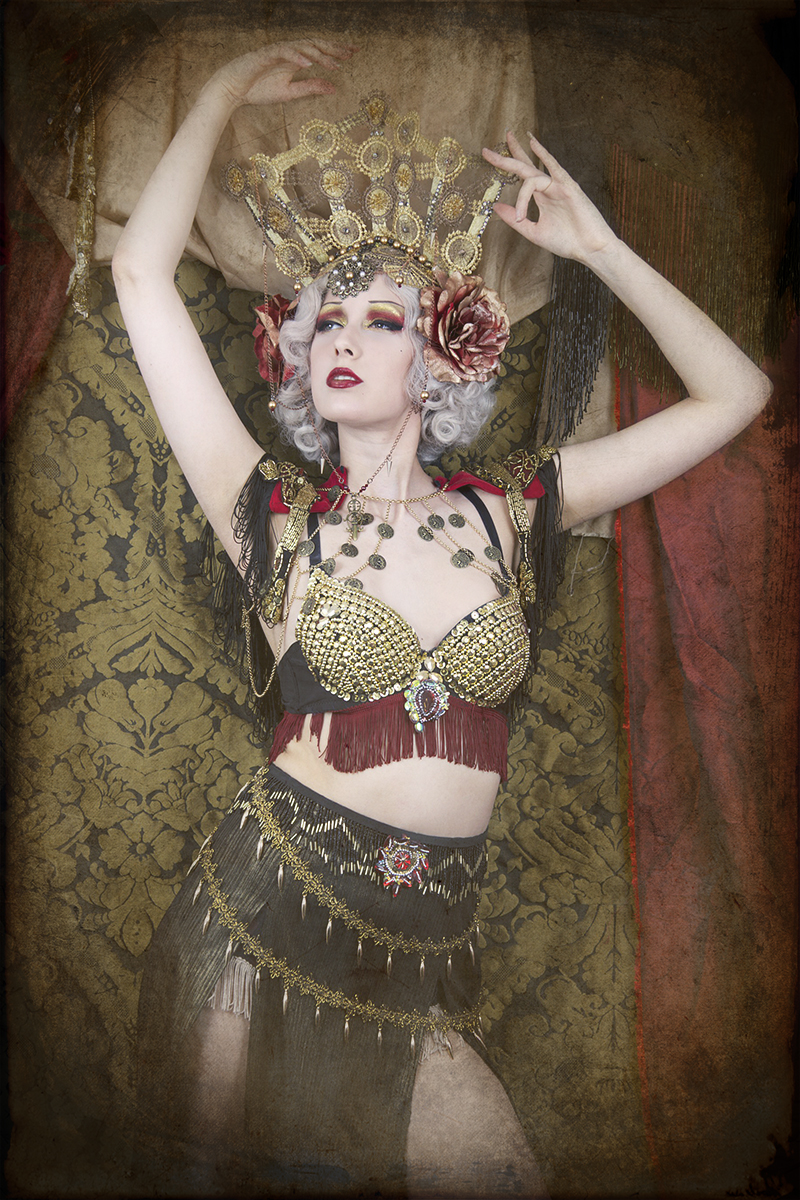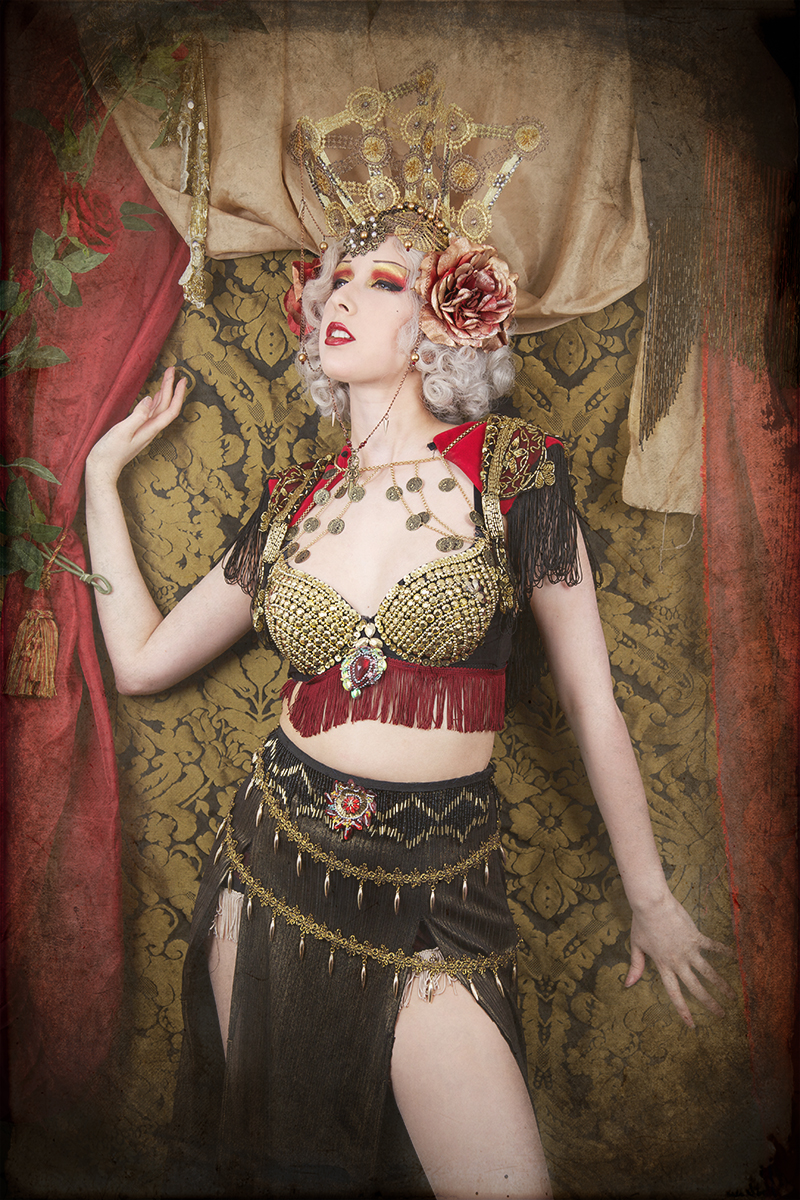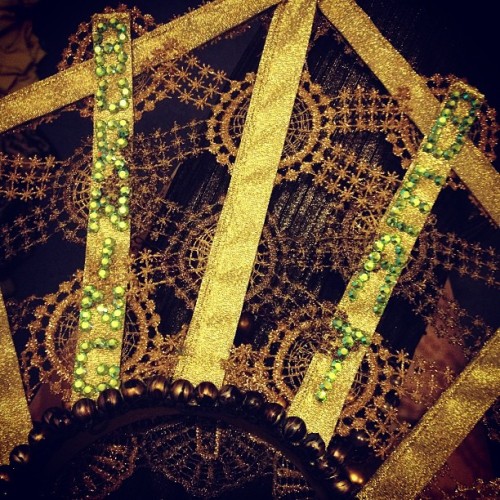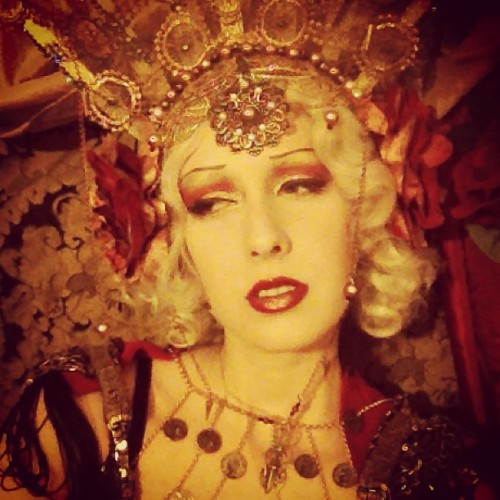
The copy I read appears to have my boyfriend's face on the cover (no, really, it's a combination of two old photos of him!)
Lately I seem to be reading books based in the same time period, pre-1930s. This is due to my (borderline obsession) interest in the turn of the century, and particularly the 1920s. It seems like such a fascinating time for so many reasons, in many different aspects of society. From the feminism of flappers to the technological advances that made moving image possible.
Carter Beats the Devil is a wonderful example of this era of change. The book takes you back to a lost era of magic, when vast and elaborate stage illusions were all the rage, and before magicians became so stereotypically cheesy that all I can think of is Gob Bluth. A time when magic DID confound and amaze and technology followed suit.

Doing it wrong: Gob Bluth.
This was Gold's first novel, released in 2001, although I feel it has somewhat of an anachronistic writing style. I wouldn't be surprised if this were written in the 40s or 70s, it's almost irrelevant when it was written, that's how well it takes you back in time. The story itself is written like a caper, bordering on unbelievability as Carter cheats death again and again (and not just onstage), with a climactic finale.
The book must have taken a tremendous amount of research (indeed Gold explains this in the acknowledgements), as it is partly historical. The only issue is knowing when the history moves into fantasy, but there are a few nice little nuggets for those that can catch them (such as Carter meeting the Marx Brothers while they are performing on the vaudeville circuit as a sketch troupe called "Fun in Hi-Skule", which they had actually performed).
Another thing I have to say about this book is that the female characters, although mainly existing as love interests for the male protagonist, are not damsels in distress. The first of Carter's loves is exactly the opposite, known for beating up the male performers in the troupe if they try to get fresh. The second, without giving too much away, would probably have been written by a different author as weak prey. Although this character has suffered at the hands of men, she is a fighter (not necessarily physically), which is considered unladylike by her peers.
I'd definitely read more novels by Glenn David Gold, and upon further research it seems that he has only written one other novel, Sunnyside.... Which just so happens to be about Charlie Chaplin, so you can bet that's next on my reading list!


